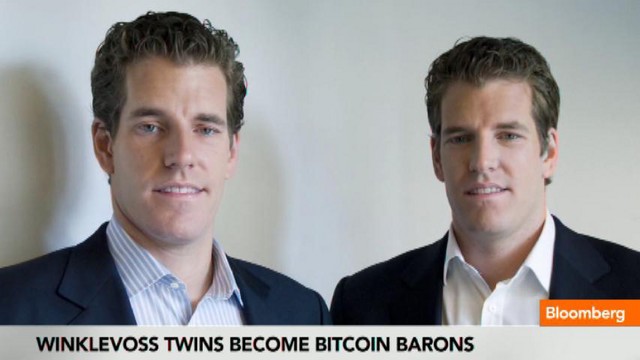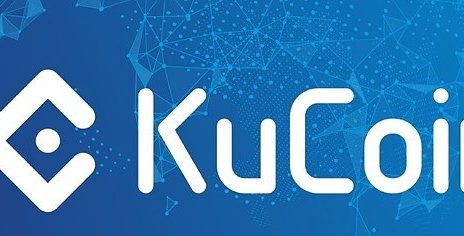The Winklevoss brothers have become very famous in the cryptocurrency world, especially when it comes to bitcoin. The brothers invested in bitcoin five years ago and they still consider their investment to be one of the best investments in the future decades. This is the main reason why the brothers will not sell their bitcoins even if the price goes up to 380,000 dollars per one coin.
Tyler and Cameron Winklevoss started buying bitcoin in 2012, when the price of one bitcoin was around 10 US dollars. Even then, the investments in bitcoin was considered to be quite risky, mainly because of the volatility of the cryptocurrency world. This is why many Silicon Valley techies and Wall Street investors made fun of the twin brothers when they invested their fortune in a cryptocurrency that was considered to be the currency of the online drug dealers.
Nevertheless, according to the recent interview for The New York Times, the twins are comfortable with the high risks that follow their investment and do not have plans to sell their bitcoins in the near future, because they consider it to be a long-term investment.
One of the points in the interview was the milestone for the bitcoin market – to surpass gold. This means the price of one bitcoin would be 380,000 dollars per coin and the market capitalization would be set at eight billion dollars.
Tyler Winklevoss said the brothers would still remain committed to their long-term investment when bitcoin hits the aforementioned milestone.
This clearly shows the twin brothers have a lot of confidence and enthusiasm when it comes to the digital currencies. The Winklevoss brothers launched one of the first exchanges regulated by the United States of America in 2015. The exchange is called Gemini and operates from New York.
At the beginning of this year, the brothers filed an application to the U.S. Securities and Exchange Commission (SEC) to create an exchange-traded fund. It was an innovative and risky thing at the moment and it was declined by the SEC. Nowadays, we see numerous applications coming from traditional companies operating on the financial market.




